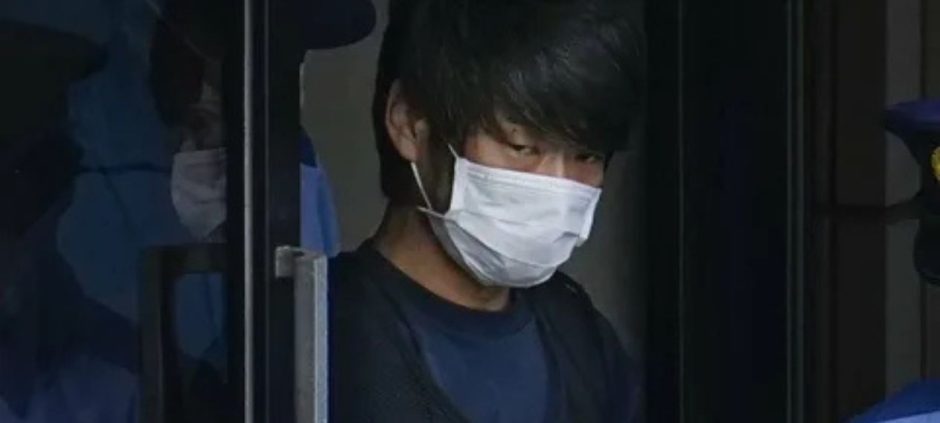In a major development, the man accused of killing former Japanese Prime Minister Shinzo Abe has pleaded guilty, telling the court his actions were driven by anger toward the Unification Church, not by political motives. The case has once again reignited Japan’s debate over religion, influence, and justice.
The assassin, Tetsuya Yamagami, admitted in court that he targeted Abe because he believed the former leader had ties to the church, which he blamed for bankrupting his family. The Abe assassination case has deeply shaken Japan, where gun violence is rare, and public respect for political figures traditionally runs high.
Yamagami told prosecutors he spent months planning the attack and built his weapon at home using online tutorials. He described his resentment toward the Unification Church, claiming it had taken large donations from his mother and left their family struggling financially.
The Abe assassination in July 2022 shocked the nation and led to widespread scrutiny of the church’s ties with politicians. Following the incident, Japan’s government pledged to review its relationship with religious organizations that exert political influence.
Prosecutors are seeking a severe sentence, while Yamagami’s defense team argues for leniency, citing mental distress and long-standing emotional trauma. The court’s decision is expected to influence how Japan handles crimes tied to social grievances and institutional mistrust.
The Unification Church, also known as the Family Federation for World Peace and Unification, has denied any wrongdoing but acknowledged accepting donations from Yamagami’s mother. Public opinion remains divided; some view Yamagami as a criminal, while others see him as a man driven to desperation.
In a related incident highlighting faith-linked violence, a recent shooting at a Michigan church left four people dead, underscoring how acts of violence tied to belief systems continue to haunt communities globally.
The Abe assassination has left an indelible mark on Japan’s collective consciousness, reshaping discussions around religious influence, mental health, and the pressures of modern society. As the trial unfolds, many across Japan are hoping for closure in a tragedy that still feels painfully fresh.











